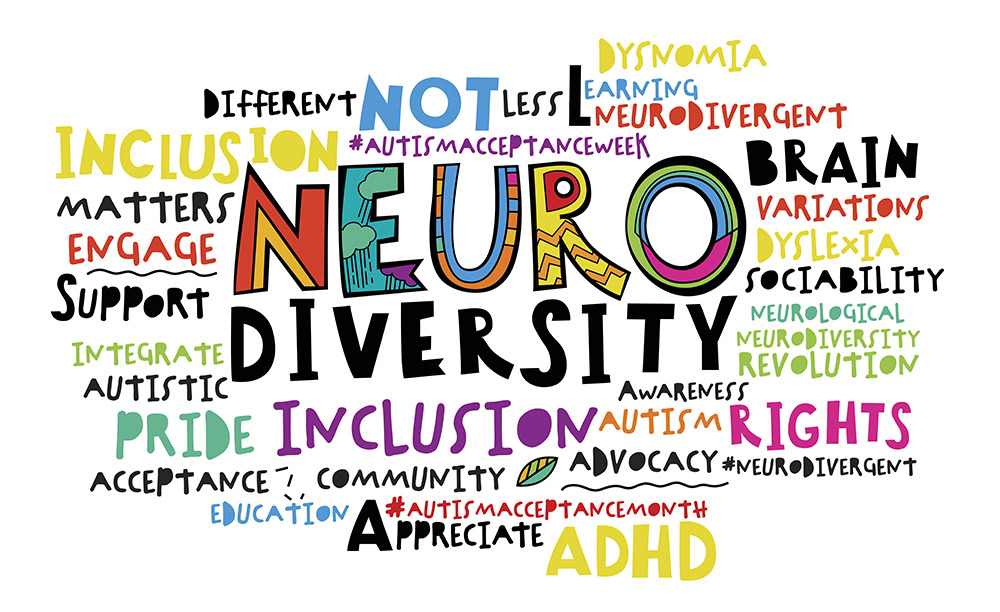Understanding the Next Generation:
Navigating the World of Gen Alpha
As adults, we’ve witnessed the world evolve at an unprecedented pace, with each generation bringing its unique perspectives and challenges. Now, we find ourselves at the brink of a new era: the rise of Generation Alpha, the children born from 2010 onwards. In this blog series, we delve into what it means to be Gen Alpha and how we, as parents, grandparents and caregivers, can better understand and support them in their journey.

GEN ALPHA BLOG #2 – DIVERSITY and INCLUSIVITY
This second blog in our series on Gen Alpha, explores the interconnected nature of the world and the impact this has on their understanding and acceptance of diversity.
With each generation that passes, the world becomes more accessible, and Gen Alpha is growing up surrounded by a huge variety of cultures and identities. This generation has an inclusive mindset that celebrates differences and accepts variations in lifestyle like no generation before it. As caregivers, fostering this inclusivity is vital to their development and to shaping attitudes that value equality and respect individuality. Read on for 5 suggestions that will help support this outlook…
1. EXPOSURE TO DIVERSE EXPERIENCES
This will help achieve a deeper appreciation of the world and can be achieved through travel, diverse media consumption, and community involvement. For example, watching international films, reading books from various cultural backgrounds, or attending cultural festivals can spark curiosity and empathy.


2. ENCOURAGING EMPATHY
Helping Gen A to understand and share their feelings of others helps them to connect with people from different backgrounds. Modelling emphatic behaviour by listening actively, discussing emotions openly and validating their feelings will support their growth in this area. Storytelling is a powerful tool as sharing stories that highlight diverse perspectives can help them see the world through others’ eyes.
3. ADDRESSING BIASES
Engaging in open and honest conversations about prejudice, stereotypes, and discrimination helps children recognise and challenge biases. If a child makes a biased remark, explain why the comment is harmful and offer a more inclusive perspective. This process also involves us being vigilant about our own biases and correcting them too.

4. PROMOTING EQUALITY
Take Action! Support initiatives that promote diversity and inclusion, whether through school, community projects, or family activities. Encourage children to speak up and support others who may face discrimination or exclusion. This could involve participating in community service projects, supporting inclusive policies at school, or simply encouraging kindness and fairness in their daily interactions.

5. RESPECTING INDIVIDUALITY
Finally, fostering an environment where individuality is respected is crucial. Gen Alpha values personal expression and authenticity, and they thrive when they feel accepted for who they are. Encourage their interests, celebrate their unique qualities, and support their choices, even if they differ from traditional expectations. This respect for individuality helps them to develop a strong sense of self and to appreciate the uniqueness of others.

By embracing these practices, we will be able to guide, support and importantly learn alongside Gen Alpha, ensuring that the values of equality and respect for individuality are at the heart of their growth and development.
Images: © Redan | © Shutterstock


